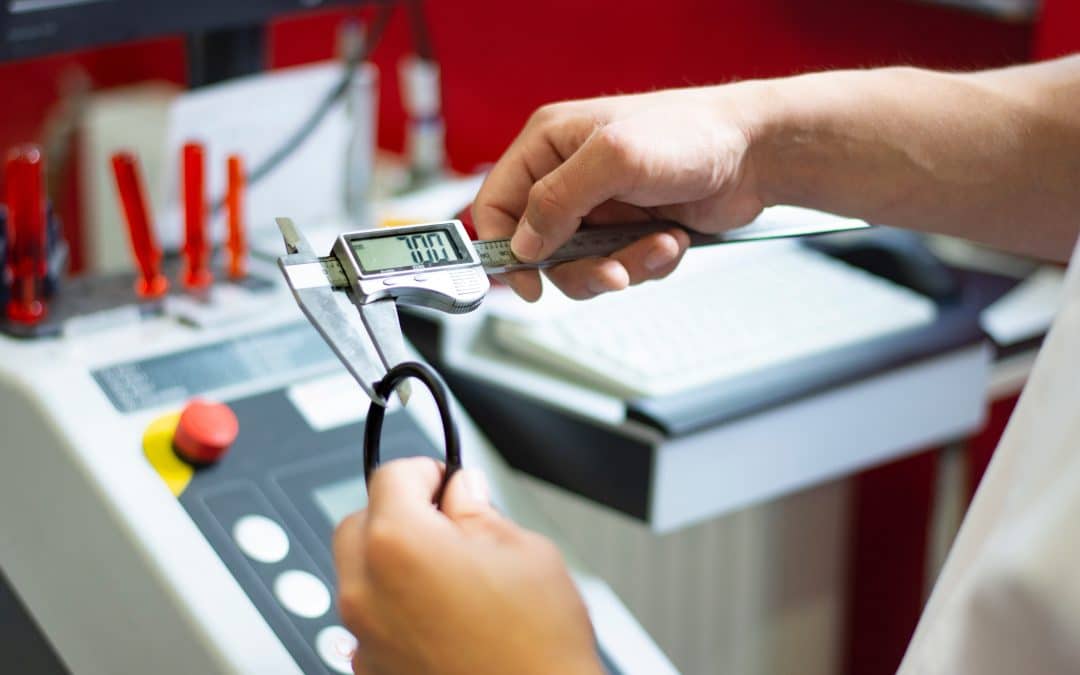Calibration Management is a fundamental component of Quality Management Systems (QMS).
It revolves around the systematic approach of ensuring that measurement instruments and equipment within an organization consistently produce results that fall within specified limits. These limits are typically defined by recognized standards or the specific specifications of the equipment.
What is Calibration Management?
Calibration Management is a regular comparison of instruments against reference standards.
During calibration management, when discrepancies are identified necessary adjustments are made to the instrument to ensure its readings are accurate and reliable.
However, it’s essential to understand that calibration isn’t a one-off event. Instruments can drift from their calibrated settings over time due to wear and tear, environmental factors, and other variables. Thus, a proactive approach to calibration, involving regular checks and adjustments, is crucial.
The overarching goal of Calibration Management is to ensure the precision and accuracy of equipment, leading to consistent and reliable results. This is vital in industries where even minor deviations can have significant consequences, affecting product quality, safety, regulatory compliance, and ultimately, customer satisfaction.
The Role and Importance of Calibration Management
Calibration Management directly impacts product quality. In precision-critical industries, deviations from standards compromise product integrity. Accurate calibration ensures products consistently meet quality benchmarks, building customer trust and protecting the brand’s reputation.
Safety is non-negotiable. In sectors like pharmaceuticals, aerospace, and manufacturing, accurate calibration prevents safety hazards.
Regulatory bodies set strict calibration standards, and companies must comply to avoid fines and legal challenges. Calibration Management also ensures products and services consistently meet customer expectations, driving loyalty and positive feedback.
The significance of Calibration Management in QMS is multifaceted:
- Product quality assurance.
- Safety maintenance.
- Regulatory compliance.
- Upholding customer satisfaction.
Database Providers' Approach to Calibration Management
At DatabaseProviders, we emphasize the comprehensive role of Calibration Management in a QMS. Beyond the act of calibrating instruments, our focus encompasses:
- Integration of calibration into quality assurance
- Technological solutions for calibration schedules
- Efficient record-keeping for audits and checks
In conclusion, Calibration Management is essential for a robust Quality Management System. It guarantees the accuracy and reliability of every measurement, test, and service an organization offers.
The Future of Calibration Management
As industries evolve and technology advances, the importance of Calibration Management will only grow. The rise of Industry 4.0, with its emphasis on automation and data exchange, underscores the need for precise and accurate measurements. Any deviation can disrupt interconnected systems and processes.
Moreover, as global standards become more stringent and consumers demand higher quality, organizations cannot afford calibration oversights.
Investing in Calibration Management today prepares businesses for tomorrow’s challenges. It’s not just about maintaining standards; it’s about setting the benchmark for excellence in the industry.
Looking for a Custom Calibration Management Tailored to Your Needs?
At DatabaseProviders, we understand that one size doesn’t fit all.
Trusted by industries worldwide, our precision-focused approach ensures you get the best in quality management. Connect with us for your tailored calibration management solution today.

